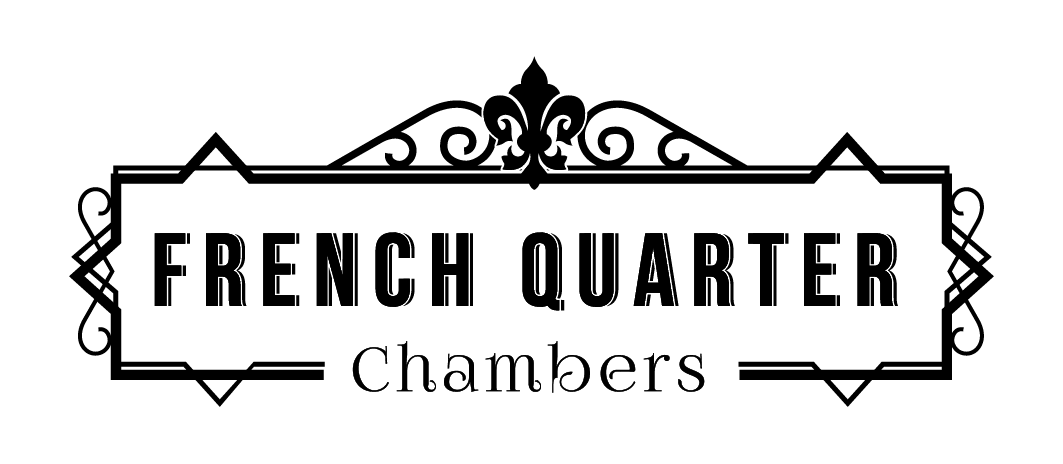FAQ’s
How do you brief one of our barristers?
If you wish to brief a barrister from our Chambers in your matter, please have your solicitor contact chambers or the barrister themselves to provide instructions. Our barristers do not accept direct client briefs.
If you are looking to engage one of our barristers as a mediator and you are a self-represented party, please phone Chambers to make an inquiry as to which one of our mediators accept bookings for self-represented parties.
What is mediation?
Mediation is a structured negotiation process in which an independent person, known as a mediator, assists the parties to identify and assess options and negotiate an agreement to resolve their dispute.
The mediation may give rise to consent orders in which case a judge still needs to make a decision as to whether it is appropriate that the final orders be made.
Do I need a lawyer to attend mediation?
In short no.
But many people will choose to attend mediation with a lawyer or obtain legal advice before they attend mediation. It is best that you or your lawyer discusses your situation with your chosen mediator before booking a mediation.
Do I have to be in the same room as the other person during a mediation?
In short no.
The decision whether to be in the same room as the other person during a mediation, ultimately rests with those participating in the mediation. There are many reasons why a shuttle mediation (where parties in different rooms while the mediator shuttles between the two) is preferable and appropriate. It is best to speak to your lawyer and the mediator before the day of the mediation to discuss your options.
What is arbitration?
Arbitration is a process (other than the judicial process) in which parties to a dispute (using lawyers if they wish to) present arguments and evidence to an arbitrator who makes a determination to resolve the dispute.
Electronic or paper briefs?
Here at French Quarter Chambers, we strive towards becoming a paperless chambers so electronic briefs are our preference. You will find details with respect to each barristers’ preferred brief format in each individual barristers’ cost disclosure.
What is FDR and what is an FDRP?
FDR refers to Family Dispute Resolution and usually refers to the dispute resolution process (or a mediation) where separated or divorced parents make arrangements for the care of their children.
A FDRP or Family Dispute Resolution Practitioner is qualified and registered with the Department of Attorney General and able to sign section 60I Certificates if your matter meets the requirements.
What is a Section 60 I Certificate?
The Family Law Act 1975 requires that parents who are not in agreement about their children’s parenting arrangements must attend mediation. They must also obtain a Certificate of Attendance (Section 60I Certificate) before an Application for a parenting Order, can be made to the Court.
What if I can’t attend the mediation in person?
French Quarter Chambers and all of our barristers are well equipped to facilitate your remote attendance for the mediation using Zoom or Microsoft Teams.
Do I have to attend mediation?
Mediation is a voluntary and self-determining process, however in some circumstances there may be certain implications if you refuse to attend. You should consult your lawyer for legal advice in relation to your specific situation.
How is arbitration different to mediation?
The main difference between arbitration and mediation is that in mediation, parties seek to reach their own agreement on matters with the assistance of the mediator. Arbitration is a process in which the arbitrator determines the outcome for the parties. In some respects, arbitration is similar to the court process.
